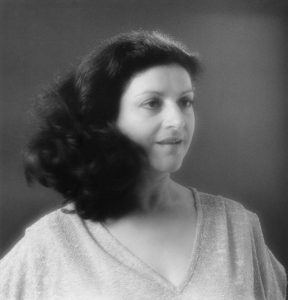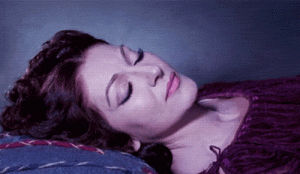Podcast: Play in new window | Download (Duration: 1:45:36 — 145.0MB) | Embed
Subscribe: Spotify | TuneIn | RSS | More
The great French soprano Rachel Yakar died on 24 June 2023 at the age of 87. As she frequently performed opposite our last subject, Swiss tenor Eric Tappy, this episode makes a suitable pendant to that one. Celebrated for her transcendent performances of Baroque music, (Monteverdi and the French Baroque in particular), Yakar was (like previous podcast subjects Eugene Holmes, Oralia Domínguez, Hana Janků, Gwendolyn Killebrew, and Teresa Żylis-Gara) also a member of ensemble of the Deutsche Oper am Rhein in Düsseldorf and Duisburg, with which company she performed for more than 25 years, singing a dizzying range of repertoire, everything from Mélisande to Arabella, Liù to Rusalka, Euridice to Desdemona. She also performed Donna Elvira and the Marschallin at Glyndebourne; and was an unforgettable Poppea in the Ponnelle-Harnoncourt Monteverdi cycle filmed for Unitel. In her prime she was also a frequent visitor to the recording studio, singing everything from Rameau to Varèse, Mozart to Messiaen, with conductors from Harnoncourt to Boulez, Leonhardt to Nagano. She was also a devoted song recitalist and in the later years of her career, she made two recordings of melodies for Virgin Records with the admirable support of her long-term accompanist Claude Lavoix. For the majority of this episode, I have chosen excerpts from both of those recordings, featuring the songs of Fauré and Hahn, which include settings of poets central to their output, including Paul Verlaine, Armand Silvestre, Léconte de Lisle, and Théodore de Banville, supplementing it with additional material in French by Ravel, Lekeu, Clérambault, Messiaen, and Poulenc. Yakar, who, like Régine Crespin and Nadine Denize, studied under the French dramatic soprano Germaine Lubin, was renowned for her faultless technique, her acting prowess, her peerless French diction, and her communicative artistic sensibility, traits of which are all in evidence in all of her recordings from the 1960s through the end of her career in the mid-1990s. Yakar was especially treasured by her colleagues, friends, and students for the warmth and effervescence of her personality, and her devotion to passing on her knowledge and experience to a younger generation of singers. May you delight in the delicacy, humor, precision, and pathos of one of the most prodigiously gifted and versatile vocal artists of her generation.
Countermelody is a podcast devoted to the glory and the power of the human voice raised in song. Singer and vocal aficionado Daniel Gundlach explores great singers of the past and present focusing in particular on those who are less well-remembered today than they should be. Daniel’s lifetime in music as a professional countertenor, pianist, vocal coach, voice teacher, and author yields an exciting array of anecdotes, impressions, and “inside stories.” At Countermelody’s core is the celebration of great singers of all stripes, their instruments, and the connection they make to the words they sing. By clicking on the following link (https://linktr.ee/CountermelodyPodcast) you can find the dedicated Countermelody website which contains additional content including artist photos and episode setlists. The link will also take you to Countermelody’s Patreon page, where you can pledge your monthly or yearly support at whatever level you can afford.


